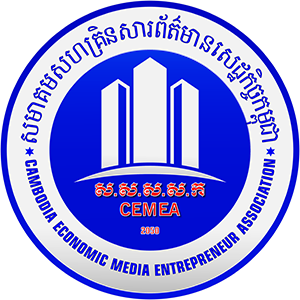The proportion of “jeonse,” Korea’s distinctive housing lease system, reached a record low during the first quarter in Seoul’s housing market, while the ratio of monthly rent transactions is increasing. Behind this shifting rent market landscape are a series of fraud incidents that have alarmed tenants in recent years.
Under the jeonse arrangement, tenants furnish landlords with a lump sum deposit, often surpassing 50 percent of the property’s market value, in lieu of monthly rent payments. Upon the conclusion of the housing lease contract, tenants are entitled to the full return of their deposit.
According to 10000-Lab, a real estate information site, the proportion of jeonse transactions reached 46.9 percent of a total 123,669 housing lease contracts in Seoul from January to March. This data is based on the land ministry’s transaction disclosure system during that period.
This is the lowest level seen in the first quarter since the ministry began compiling related statistics in 2011. The remaining 53.1 percent of transactions were monthly
rental contracts.
The proportion of jeonse has been on a decreasing trend during the past few years, with its share of Seoul’s housing market falling from 61.6 percent in 2020 to 58 percent in 2021, 50.3 percent in 2022, and 47.6 percent in 2023.
The decline of jeonse contracts is particularly noticeable in the case of villas, which in Korea typically denote small residential buildings, usually around five stories high, with a smaller number of units, as opposed to taller, more expensive apartments.
In the first quarter of this year, 36.3 percent of lease transactions for villas were in the form of jeonse, with over 63 percent being monthly rental contracts. During the same period, jeonse transactions for apartments stood at 59.1 percent, while 40.9 percent were monthly rental contracts.
Source: Korea Times




